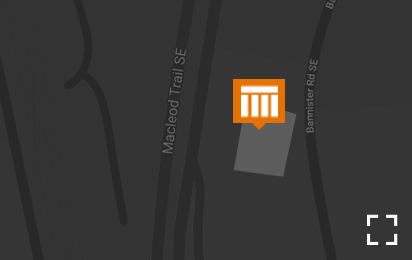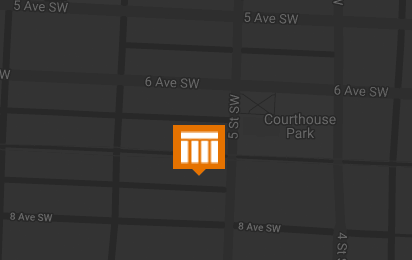Publication
Civil Trial Preparation: Part I
Civil Trial Preparation: Witness Considerations in Preparation for Trial
This is the first article of a Civil Trial Preparation series by our litigation and dispute resolution group.
Preparing for trial in either Provincial Court or the Court of Queen’s Bench, entails extensive preparation. There are a variety of complex steps that must be followed. Some of the requirements are outlined in the Alberta Rules of Court, AR 124/2010, and others are referenced in the labyrinth of guidelines by the Alberta Courts.
Section 8 of the Provincial Court Act, RSA 2000, c P-31 is noteworthy. In short, Section 8 provides that where the Provincial Court Act or the regulations do not provide for a specific practice or procedure, a Provincial Court Judge may apply or modify the Alberta Rules of Court as needed. It’s up to the discretion of a Provincial Court Judge to adopt the Alberta Rules of Court, and they most often do.
Although there are a number of steps and deadlines that should be considered prior to trial, the following two witness considerations are frequently overlooked:
1. Notification of trial date to witnesses
Pursuant to Rule 8.8(1) of the Alberta Rules of Court, a party may serve notice on any person, including a party and expert witness, to attend and provide evidence at trial. The notice must be served at least 20 days (21 days for Provincial Court) before the trial date. In addition, the notice must be accompanied with an allowance determined in accordance with Schedule B of the Alberta Rules of Court. Should a party forget to include the allowance in the notice, that party may rely on Rule 8.8(5) to deliver the allowance to the witness, or a representative of that witness, at least 10 days before the start of trial.
The importance of Rule 8.8 is to remove surprises, which includes allowing for called witnesses to prepare for trial, and be informed of the trial date and compensation amount for his or her participation. As well, it forces the parties to prepare their strategy well in advance and evaluate which persons would be the most helpful witnesses at trial.
Why should a party properly serve notice on a person that a party wishes to call to attend and provide evidence at trial? If a properly served witness fails or refuses to appear at trial, the party calling the witness may then rely on Rule 8.9. Simply put, Rule 8.9 provides that a Court, if satisfied, may order the presence of a particular witness is necessary. In fact, the Court can compel the witness to testify and produce relevant records, or anything else necessary to ensure attendance.
2. Notice of persons not intended to be called as witnesses
A party should also consider whether notice should be provided to persons not being called as witnesses. This is particularly important when a party has decided the testimony of a certain individual is unnecessary a trial.
A party will serve a notice of intention not to call a person when it wishes to avoid an adverse inference being drawn from the failure to call a particular witness at trial. Pursuant to Rule 8.15, where a party wishes to serve such a notice, it needs to serve every other party with a notice of the name(s) of those persons that the party will not be calling as a witness at least one month before the trial date. The notice does not need to be filed with the Court.
It is worth noting that a party served with such a notice may object within 10 days after service of the notice. When a party objects to the notice, the cost of calling that person as a witness falls on the objecting party, unless the objection is later found to be reasonable by the Court.
The two steps discussed above are only a snapshot of the preparation process for trial. That said, each demonstrates the need for, and complexity of, planning and preparing for trial.
For further information please contact the co-author, Vik Mall at 403.254.3837 or any member of our Litigation & Dispute Resolution Group.
This article is intended to be an overview of trial preparations and is for informational purposes only. Readers are cautioned that this article does not constitute legal or professional advice and should not be relied on as such. Rather, readers should obtain specific legal advice in relation to the issues they are facing.

